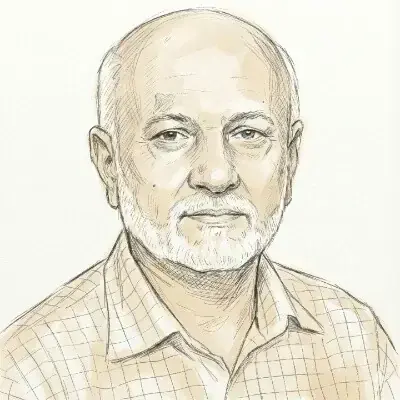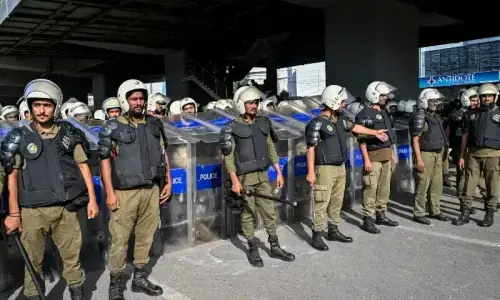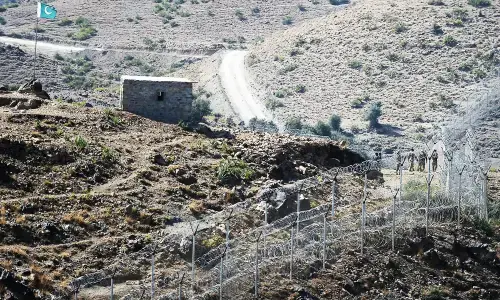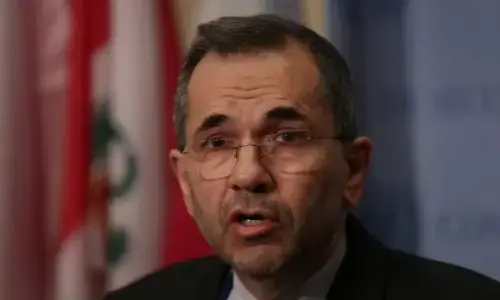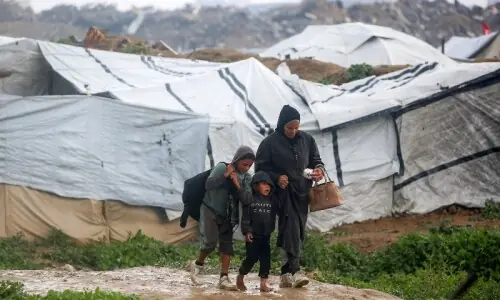ISLAMABAD: The government, with the support of the UN refugee agency, has completed the verification of some 1.3 million registered Afghan refugees living in Pakistan.
The Documentation Renewal and Information Verification Exercise (Drive) was aimed at updating and verifying the data of Afghans holding a Proof of Registration (PoR) card.
The exercise was a joint effort of the ministry of states and frontier regions, the chief commissionerate commissioner for Afghan refugees, and the UNHCR with technical assistance of National Database and Registration Authority (Nadra).
“The data of Afghans was not updated in the last 10 years. Therefore, it was imperative to verify and update records which will enable us to better understand existing needs in the refugee communities,” Chief Commissioner Saleem Khan said.
Key findings of Drive exercise revealed that more than half (52pc) of the registered refugee population are children, including 197,428 (15pc) being four years of age or under. Only 4pc of those registered are 60 years of age or older. Women, children and older represent 76pc of the population. Over half of the registered Afghan refugees reside in Khyber Pakhtunkhwa province, the UNHCR announced on Friday.
Close to one million new smart identity cards have been issued to date with a validity until 30 June 2023, with children under the age of five included in the parents’ cards.
UNHCR Representative in Pakistan Noriko Yoshida said that smart cards were an essential protection tool for Afghan refugees.
“They provide proof of identity, entitlement to temporary stay in Pakistan, and freedom of movement. They facilitate access to certain essential services, including education, healthcare, banking, property rental and allied facilities,” she said.
The Drive exercise also allowed registration of some 267,000 newborn children of PoR holders, an important step for protection of the youngest members of the refugee community.
Drive is part of a wider effort to assist and protect Afghan refugees, including as part of efforts under a Support Platform for the Solutions Strategy for Afghan Refugees (SSAR). The Support Platform was launched in 2019 to promote international burden and responsibility sharing for refugees in hosting countries, while also seeking to boost up investments in those areas of Afghanistan where refugees have gone back.
Going forward, registered Afghan refugees will be able to update their registration data on an ongoing basis through 11 dedicated centres across the country, the UNHCR said.
Published in Dawn, June 4th, 2022

